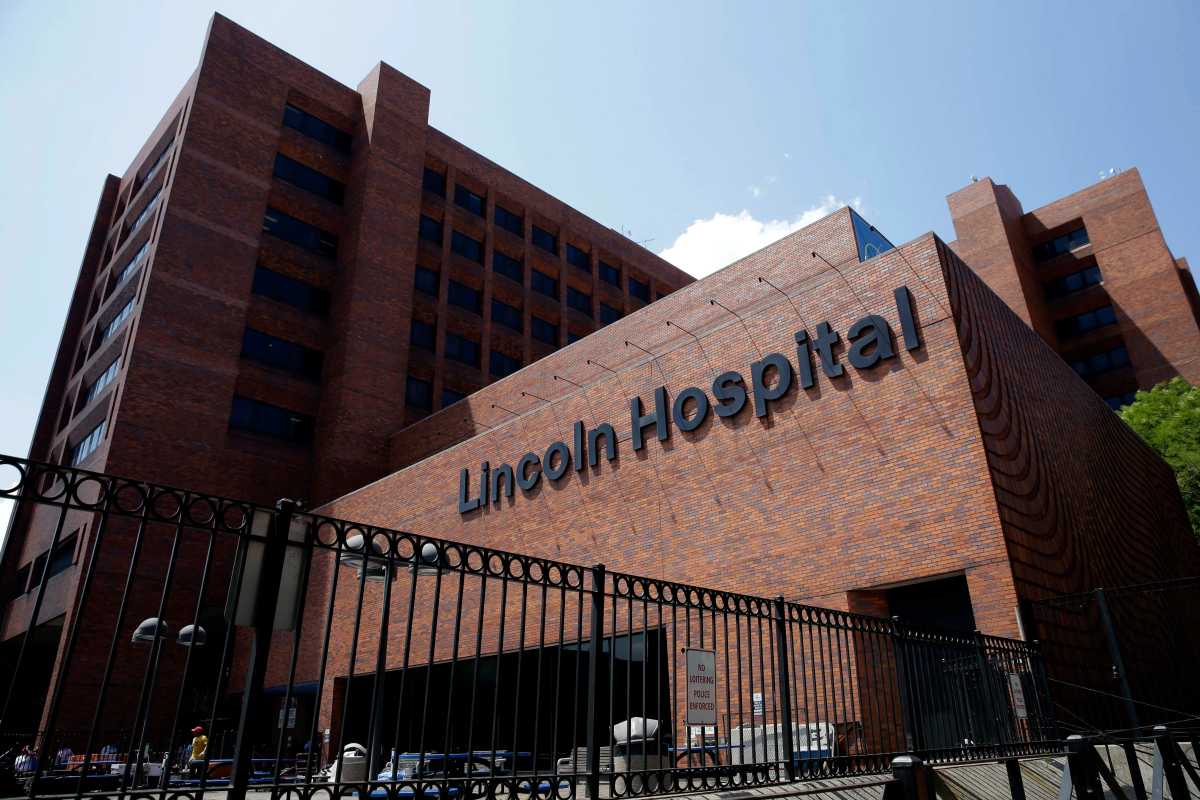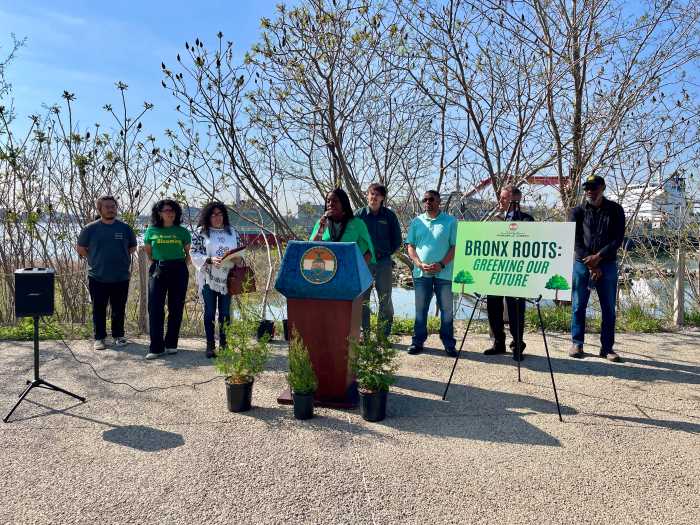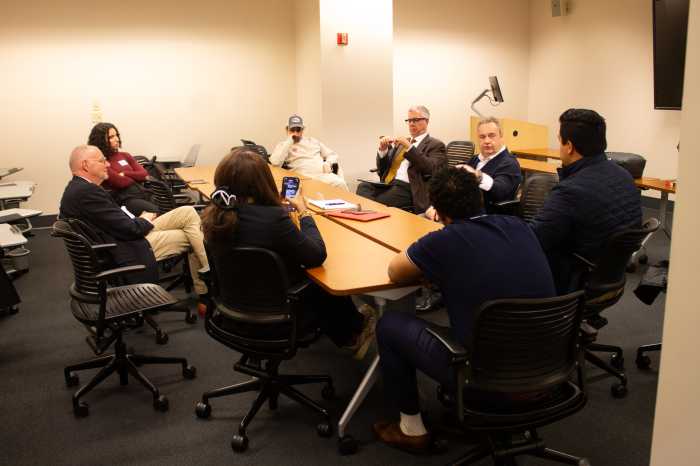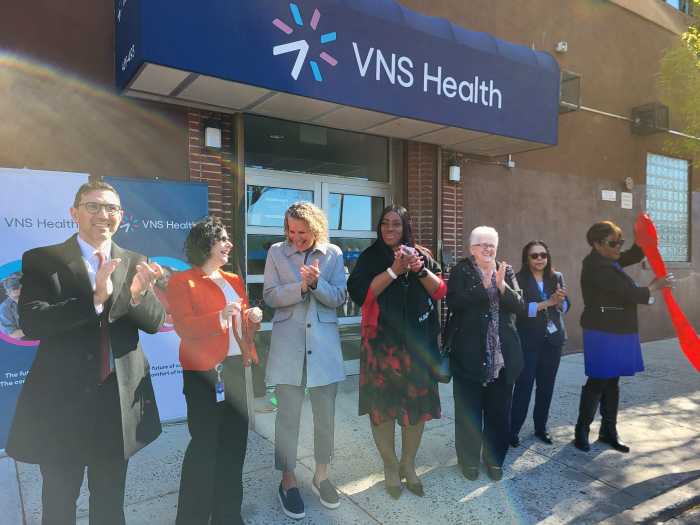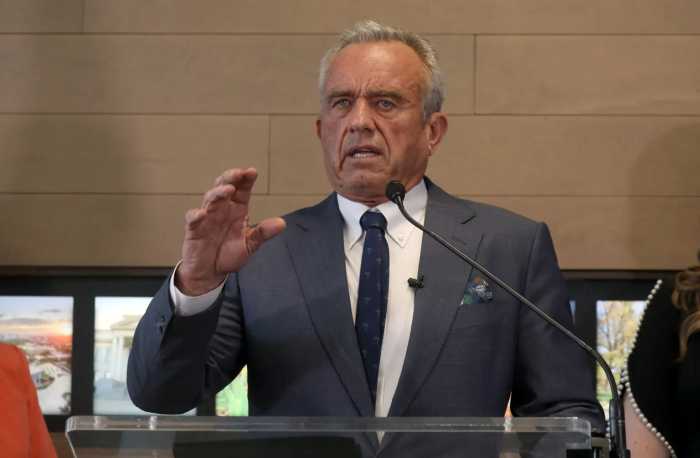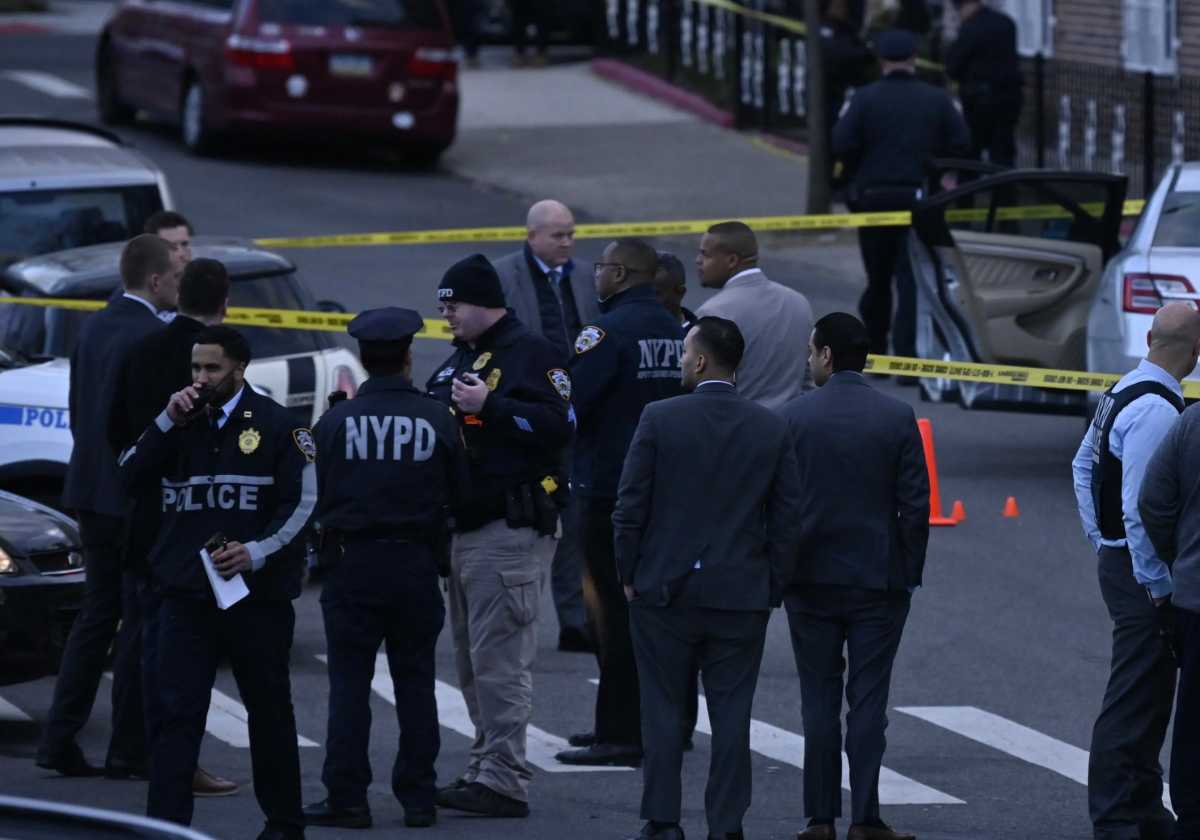NYC Health + Hospitals/Lincoln announced Tuesday a new pilot program that will launch later this year to provide ongoing support for people with opioid use disorder by regularly connecting them with care and resources for up to a year, according to a press release.
The new Hotspotting program will pair patients in the Lincoln Hospital emergency department for opioid use or nonfatal overdoses with a dedicated team that will maintain regular contact, offering them addiction services, medical care, peer counseling, public benefits, a cell phone plan and housing if needed.
Dr. Daniel Schatz, Medical Director of Substance Use Disorder Services in the Office of Behavioral Health at NYC Health and Hospitals, said in a statement that the program aims to reduce deaths, nonfatal overdoses, and visits to the emergency room in the South Bronx while treating people with dignity.
“Treating our patients with opioid use disorder and supporting their recovery are absolutely essential in light of our national opioid epidemic and public health emergency,” said Schatz. “Our Hotspotting program will provide continuity of care as patients transition from the hospital into the community setting and will help them stay connected to healthcare and addiction services.”
The new pilot program comes as local politicians, business owners, and community leaders sound the alarm over the opioid crisis in the Bronx, which recorded the highest rate of opioid-related deaths in New York City—78 per 100,000 residents—in 2023.
The borough’s crisis—disproportionately affecting Black and Brown New Yorkers—has been especially visible in the Hub, a bustling commercial corridor in the South Bronx. There, residents and business owners describe a dystopian scene marked by open-air drug use and the constant presence of emergency responders transporting overdose victims to nearby hospitals—only for many to return to the streets within hours.
Elected leaders like Bronx Borough President Vanessa Gibson have long been calling for more investment into opioid treatment and social services for residents of the borough living with opioid use disorder.
The poverty fighting nonprofit Robin Hood awarded $600,000 to NYC Health and Hospitals to support the Hotspotting pilot program, which is expected to provide support to around 150 patients at the highest risk of relapse from substance use disorder.
Adena Hernandez, MPH, Director of Health and Mental Health at Robin Hood, said in a statement that the pilot program will have a ripple effect, not only helping people who use opioids, but making their communities stronger and safer.
“The opioid epidemic has had a devastating impact on the Bronx, particularly in high poverty neighborhoods,” said Hernandez. “This ongoing crisis continues to cut short the lives of too many New Yorkers, destabilizing families, and communities in the process.”
The Bronx initiative was modeled after a Hotspotting program through the Staten Island Performing Provider System (SIPPS) which saw a 63% reduction in substance use disorder-related emergency room visits during its first year.
SIPPS Executive Director Joseph Conte, PhD, CPHQ credited the program’s success in Staten Island, which has the second highest rates of opioid related deaths after the Bronx, to its wholistic approach.
“There remains a critical need for more innovation and proactive approaches to save lives, that is the essence of the Hotspotting approach,” Conte said.

